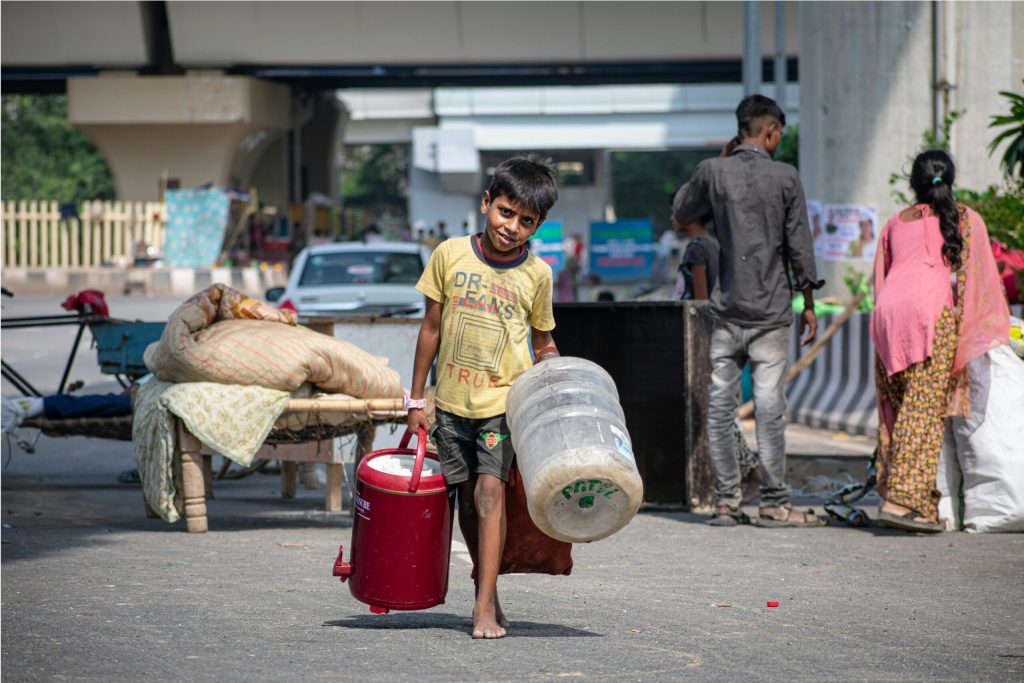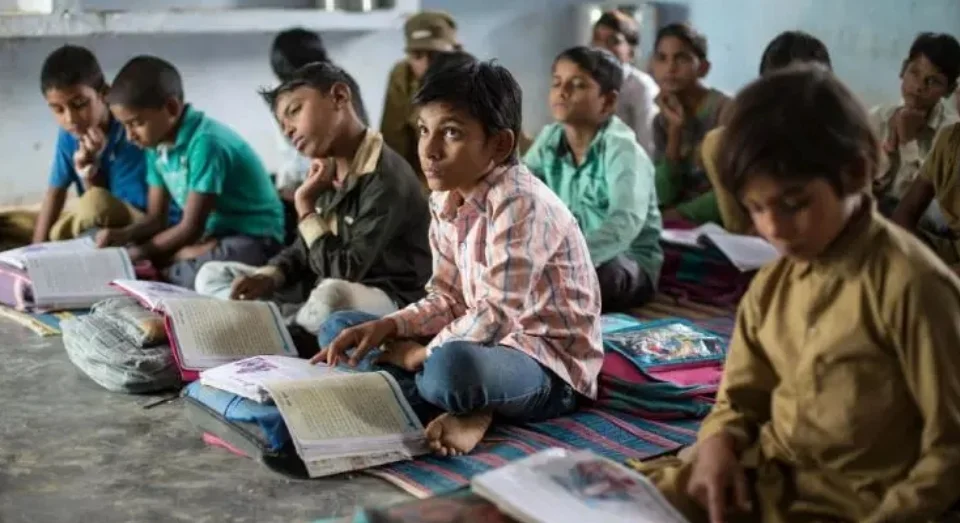Impact of Politics on Poor Kids in India

Date: 20 February 2024 ; Author: Vasavi Prakash India, a land of diversity and contrasts, grapples with the intricate relationship between politics and the well-being of its most vulnerable citizens: poor children. While political decisions shape the nation’s trajectory, their impact on these young lives is profound. Let’s explore the challenges faced by underprivileged kids and how politics plays a pivotal role: 1. Education Disparities 2. Poverty and Hunger 3. Healthcare Access 4. Gender and Social Disparities 5. Education Reforms and Accountability 6. Collective Responsibility As citizens, we share the responsibility to advocate for policies that uplift poor kids. Voting wisely, demanding accountability, and supporting NGOs working on child welfare are steps toward a brighter future. In the intricate dance of politics, let us ensure that every child’s potential is nurtured, regardless of their socio-economic background. Sources:
Education Inequality among poor and rich kids of India

Date: 12 August 2023 ; Author: Vasavi Prakash Education is a fundamental right and a key factor for human development. However, in India, access to quality education is not equally distributed among the children of different socio-economic backgrounds. According to a recent survey by the National Statistical Office (NSO), there are huge disparities in the average years of schooling (AYS) and the medium of instruction among the children from the richest and the poorest sections of the society. The NSO survey found that the AYS of children from the richest 20% of the households was 10.9 years, while that of the children from the poorest 20% was only 4.5 years. This means that the rich children get more than double the amount of education than the poor children. Moreover, the survey revealed that the AYS of children from the urban areas was 9.7 years, while that of the children from the rural areas was 6.8 years. This shows that the location of residence also affects the educational opportunities of the children. Another dimension of education inequality in India is the medium of instruction. The NSO survey found that 62.8% of the children from the richest 20% of the households received English medium education, while only 2.4% of the children from the poorest 20% did so. English is widely regarded as a language of social mobility and economic opportunity in India, as it opens up access to higher education, employment, and global communication. Therefore, the lack of English medium education among the poor children can limit their future prospects and perpetuate the cycle of poverty. The education inequality in India is also influenced by the social and demographic factors, such as caste, religion, gender, and household characteristics. According to a study by Garg et al. (2022), the within-group component and the rural-urban division contribute the most to the educational inequality in India. The study also found that digital exposure, household occupation, wealth quintile, and household size play a key role in determining the educational attainment of the children. Education inequality in India is a serious challenge that needs to be addressed urgently. The government’s New Education Policy (NEP) 2020 aims to reduce the gaps in access, quality, and outcomes of education by promoting universalization, equity, and excellence. Some of the key features of the NEP are the provision of free and compulsory education from pre-primary to secondary level, the promotion of mother tongue and multilingualism, the encouragement of interdisciplinary and flexible learning, and the enhancement of school infrastructure and teacher training. The NEP has the potential to transform the education system in India and create a more inclusive and equitable society. However, the successful implementation of the NEP will require adequate financial and human resources, effective coordination among various stakeholders, and regular monitoring and evaluation of the outcomes. Sources: https://www.frontiersin.org/articles/10.3389/feduc.2022.871043/full https://www.hindustantimes.com/india-news/mapping-education-inequalities/story-xhTIlYty7kF7MNqxnOyGtO.html https://borgenproject.org/education-in-india-suffers-from-income-inequality/


